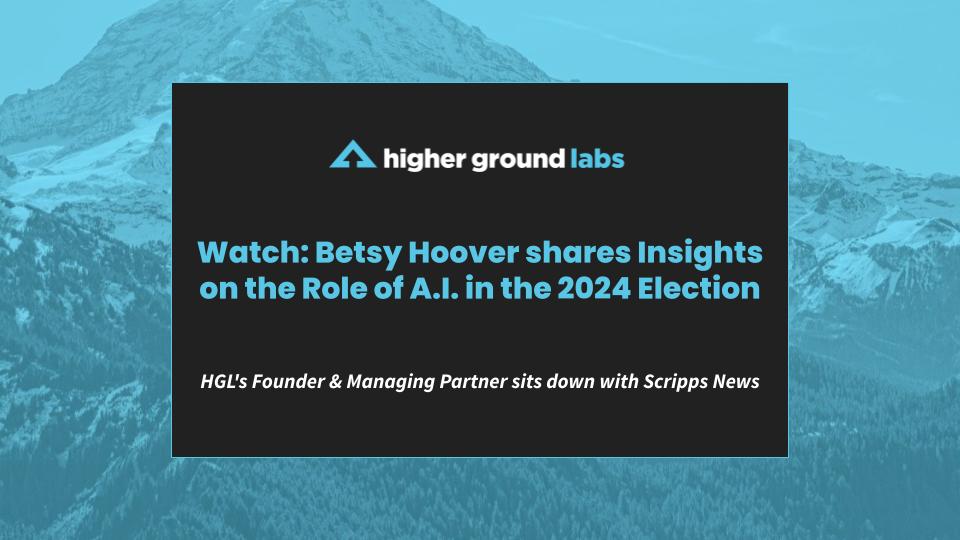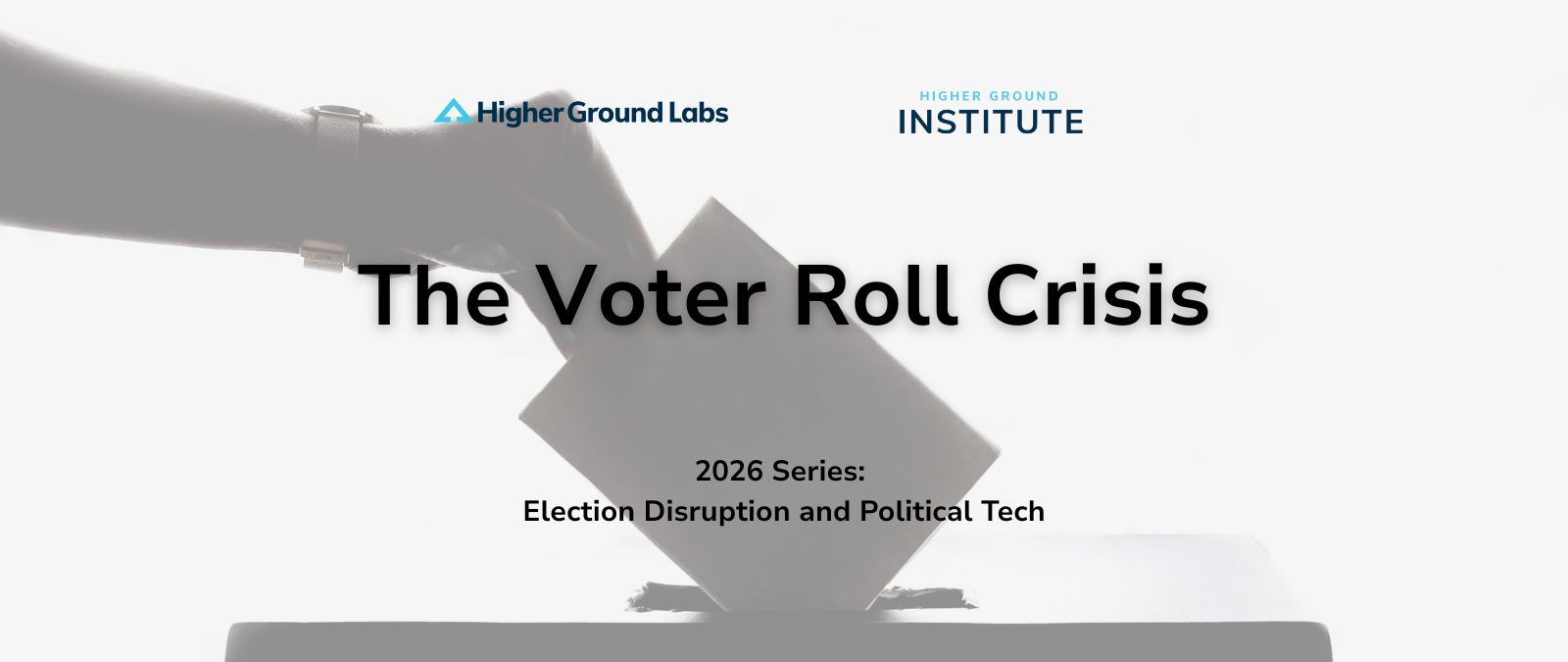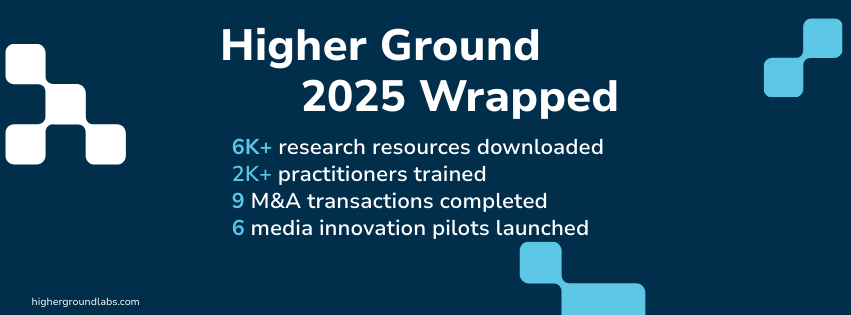Artificial intelligence is revolutionizing the way political campaigns operate, offering exciting new efficiencies and enhanced voter engagement. To explore these transformative effects, Betsy Hoover, Founder and Managing Partner of Higher Ground Labs sat down with Scripps News.
As Betsy makes clear, the transformative power of artificial intelligence in modern political campaigns should not be underestimated – “It helps people save time in generating content, reaching out to voters, and analyzing unstructured data.” Utilizing Generative AI on campaigns enables staffers to shift their focus from mundane, repetitive tasks to strategic and creative initiatives. By offloading routine work to AI, teams are better positioned to craft compelling messages and forge deeper connections with voters.
With AI shouldering the burden of time-intensive tasks such as data analysis and content creation, campaign staff are freed from the usual time constraints of the cycle. The result is a more responsive and adaptable campaign operation, poised to effectively meet voter needs in real time.
While incorporating AI into campaign operations offers significant benefits, it also introduces complex challenges that demand careful management. The need for human oversight is paramount to ensure that AI tools enhance rather than replace the essential human elements that underpin effective political communication. “Always keeping a human in the loop” helps to maintain the authenticity and personal touch so crucial to engaging voters responsibly. To help address these challenges and promote responsible AI use, campaigns should reference the Quick Start AI Guidelines for Democratic Campaigns. Spearheaded by Zinc Labs in partnership with DigiDems, the Cooperative Impact Lab, and us at Higher Ground Labs, these guidelines provide crucial insights and practical strategies for campaign teams. They aim to establish essential guardrails to maximize the benefits of generative AI while minimizing risks, offering practical steps for sustainable AI use in campaigns, and suggesting low-investment, high-impact AI applications for the 2024 elections and beyond.
As AI technology evolves, its ethical and transparent application in the realm of political campaigning becomes increasingly important for maintaining voter trust and safeguarding the integrity of the democratic process. Betsy’s insights highlight the necessity of a balanced approach to AI, ensuring that it serves as a positive force within the democratic framework rather than a disruptive one.
For a comprehensive understanding of the state of the AI Political Landscape, read HGL’s downloadable AI Edition: Political Tech Landscape report.



